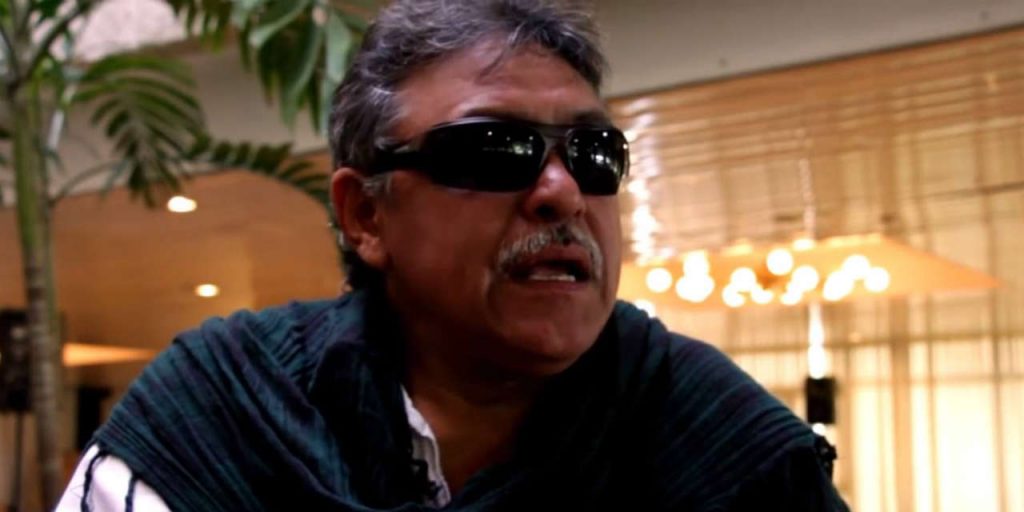Colombia’s prison authority moved “Jesus Santrich,” a FARC leader who went on hunger strike after he was arrested on a US drug trafficking charge, to a religious facility in Bogota.
Santrich, who went on hunger strike almost immediately after his arrest on April 9, was taken to the Roads of Liberty Foundation, a facility run by Colombia’s Catholic Church.
The long-time FARC ideologue was taken out of the hospital at the request of religious authorities and the United Nations on humanitarian grounds.
His defense attorneys and fellow FARC leaders have denied the US claim that Santrich tried to export 10 tons of cocaine to the United States and is the victim of a conspiracy.
While at the Roads of Liberty Foundation in downtown Bogota, the FARC leader will continue to be under the custody of prison authorities, the military and police, deputy Justice Minister Carlos Medina told Blu Radio.
The FARC leader has refused medical attention other than medication he received before he began his hunger strike.
“Because of our constitution and the law, the State may not intervene if Santrich decides to let himself die,” Medina said.
Santrich, 51, was taken to hospital on April 26 after his hunger strike produced health complications. His move to the religious facility was carried out on humanitarian grounds.
Santrich wrote Senator Ivan Cepeda and former Minister Alvaro Leyva on Thursday that he would maintain his hunger strike.
Authorities did not reveal specifics about the FARC leader’s health.
The congressional peace commissions and former peace negotiator Humberto de la Calle have asked President Juan Manuel Santos to reconsider the US’extradition.
Santrich’s extradition or death could risk unraveling Colombia’s peace agreement with the FARC, which surrendered its weapons last year.
The guerrillas’ patience has been tested by a multitude of government failures to comply with the 2016 peace deal that sought to end more than half a century of armed conflict.
Santrich and other FARC leaders, as well as members of the military, are expected to take part in a transitional justice system that seeks to find justice for war crimes after decades of impunity.
The armed conflict left more than 265,000 people dead and more than 7 million displaced.


